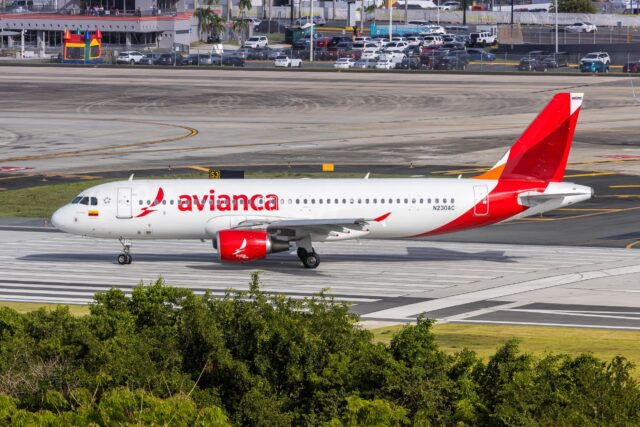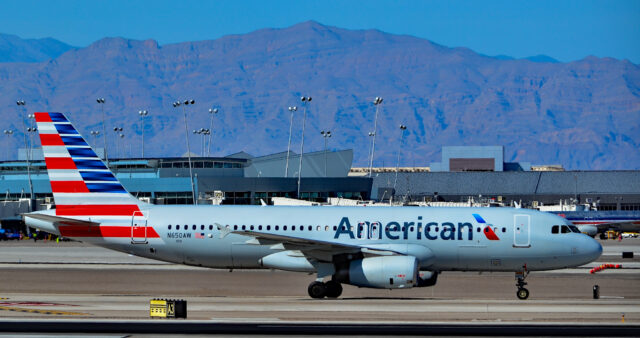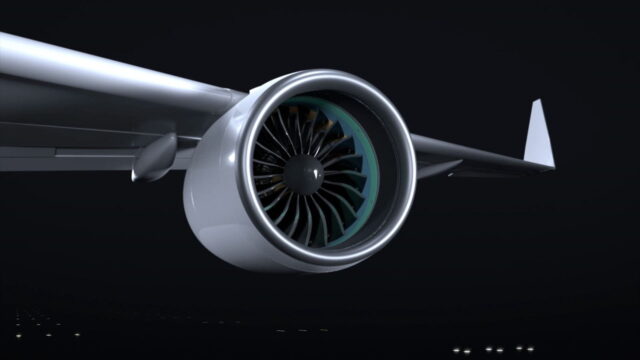New goggles: Brussels Airlines is first Lufthansa Group airline to adopt Virtual Reality pilot training

July 22, 2025

Brussels Airlines has become the first airline within the Lufthansa Group to launch virtual reality pilot training into its official A320 type rating program.
The VR trainer program was developed through a partnership with Lufthansa Aviation Training (LAT) and Airbus. It marks a significant technological advance in pilot instruction which could gain wider adoption across the aviation industry.
Brussels Airlines flight crews complete A320 type rating training in virtual reality
Between July 2 and 4, two Brussels Airlines flight crews completed part of their A320 type rating training using a fully immersive VR-based solution. This implementation of the Virtual Procedure Trainer (VPT) marks the first time that VR technology has replaced traditional Flat Panel Trainer (FPT) sessions.
The VR pilot training follows a syllabus approved by a regulatory authority. Notably, it requires no instructor supervision.

The training module utilises realistic 3D cockpit environments and interactive guidance. These features allow pilots to practice standard operating procedures independently.
“VR offers a significantly more realistic and intense training experience,” said Captain Gauthier Lesceu, Chief Theoretical Knowledge Instructor (CTKI), Brussels Airlines. “Our pilots can autodidactically practice procedures early and repeatedly, build muscle memory, and gain situational confidence – an ideal preparation for the simulator phase with increased effectiveness and reduced infrastructure requirements.”
VR trainer developed through a collaboration with Airbus
LAT and Airbus collaborated over two years to create the software that enables virtual training. The VPT is one of several modules within Airbus’ broader Digital Flight Training Solutions portfolio.
Brussels Airlines is the launch customer for operational deployment.

“With the VPT, we are creating a new training ecosystem: more flexible, more efficient, and sustainable,” said Pia Born, Project Manager at Lufthansa Aviation Training.
“This innovation highlights our agility and commitment to excellence in training our crews,” said Captain Dave van Buynder, Nominated Person Crew Training (NPCT) at Brussels Airlines.

The development of VPT capabilities reflects broader ambitions within the Lufthansa Group to modernise training programs across its network.
Lufthansa Group plans VR pilot training rollout to all Airbus A320 operators
Lufthansa Aviation Training GmbH offers flight and cabin crew training, serving over 250 international airlines. Headquartered at Munich Airport, LAT operates close to 200 training devices across ten global locations.
Ultimately, LAT plans to gradually roll out the VPT to all ten Airbus A320 operators within the Lufthansa Group, across seven training locations.

At first, the system will support training on standard operating procedures under normal conditions.
Further development is underway to include abnormal procedures and other aircraft types, including the A330 and A350.
Looking ahead, LAT is also preparing to offer an adapted version of the product to airline customers outside the group, with the intent to make VR training a core element of its services.
The integration of scalable, immersive technologies like VR may help operators address training bottlenecks and improve both the efficiency and quality of flight crew preparation.
















